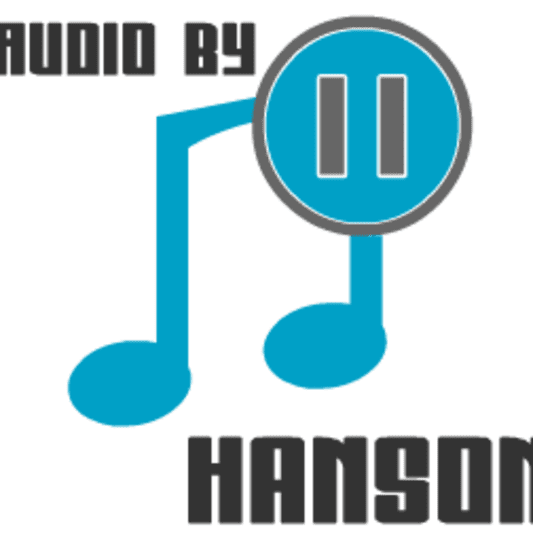
My name is Tyler Hanson and I am a drummer and audio engineer based out of the New Orleans area. I am a college-trained musician and audio engineer with backgrounds in multiple styles of music. I have quite a good bit of training in music theory as well as arranging. Any more questions about me? Send me an email at audiobyhanson@gmail.com!
Currently, I am offering remote editing, mixing, and mastering services for projects of any purpose, genre, and instrumentation, as well as live drum tracking or drum programming if you so desire.
I work systematically and creatively, so turnaround for mixes is usually a few days but the mix is tailored to the sound you're looking for. I also tend to avoid the "loudness war" and mix and master for musical dynamic range.
If I'm the type of engineer you're looking for, contact me for pricing and other details! I'll be glad to work with you!
*Normally, I work from my home setup (which includes Cubase 6.5 and a variety of Steinberg, Waves, Sound Toys, and Native Instruments plugins at my disposal), but I have access to Digital Performer 8 with a variety of Universal Audio and Steven Slate Digital plugins while I am on campus. If you'd prefer a specific setup that you'd like me to mix, contact me and let me know.*
I'd love to hear about your project. Click the 'Contact' button above to get in touch.
Interview with Tyler Hanson
Q: Analog or digital and why?
A: There are benefits to both. Digital has made editing and tracking much easier for the home studio, but analog just has a warm, vibrant sound that is pleasant to the ear and cannot be truly replicated by digital modeling. I like to try and combine the best of both worlds for an efficient, but beautiful sounding session.
Q: What's the biggest misconception about what you do?
A: Fixing with Mixing: Most people believe that we can metaphorically take dirt and turn it into gold, or take a poorly tracked session and turn it into a masterpiece mix. In reality, the key to a polished mix that sounds comparable to what you hear on the radio or a CD is to get the best possible performance and recordings in the tracking stage. Really spend time dialing in your tones, keeping track of drum, bass, and guitar tuning, practicing and recording with a metronome, practicing with a piano for pitch references (if you're a vocalist), and trying to compose the best possible arrangement for your song.
Q: Can you share one music production tip?
A: For a drum sound with a bit more low end punch, try finding the fundamental frequency of each of the drums using a spectral analyzer (the fundamental is the peak at the lowest frequency). Afterward, using the Low frequency band, set up a bell curve at the fundamental frequency with a decently wide Q and push the gain up to taste. (Side note: Pay close attention to these fundamentals, as they lie within the same fundamental range as bass guitar and can muddy up the low end of your mix if not treated properly.)
Q: What's your strongest skill?
A: My strongest skill has to be working with drums. Being a drummer myself, mixing drums comes naturally to me.

I was the Mix Engineer, Mastering Engineer, and Session Drummer in this production
- Mixing EngineerAverage price - $300 per song
- Mastering EngineerAverage price - $50 per song
- Live drum trackAverage price - $100 per song
- PercussionAverage price - $100 per song
- Programmed drumAverage price - $50 per song
- EditingAverage price - $50 per track
- YouTube Cover RecordingContact for pricing
The cost per song covers the mix, master, and up to 3 revisions. Extra charges apply for basic editing and additional production needs (sorting files, pitch correction, drum editing, etc.).
- Cubase 6.5
- Waves SSL collection (my favorite plugin set) among others.



